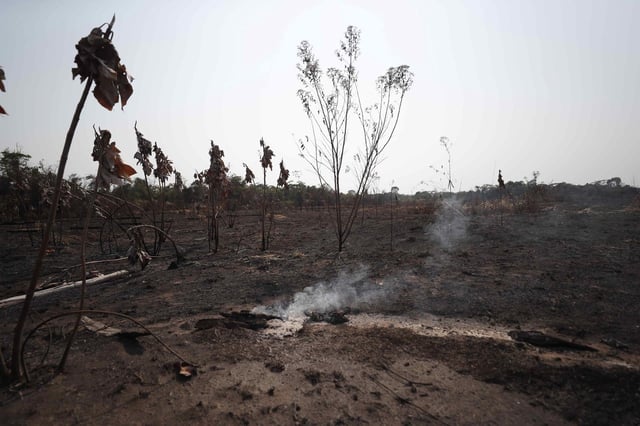Overview
- The ICJ’s advisory opinion holds that UN climate treaties impose binding obligations on states to reduce greenhouse gas emissions and bolster climate adaptation.
- The court concluded that authorizing or subsidizing oil, gas or coal projects without sufficient safeguards may constitute an internationally wrongful act.
- Justices reaffirmed that a clean, healthy and sustainable environment is a fundamental human right linked to life, health and water rights.
- Although non-binding, the ruling establishes a jurisprudential precedent expected to shape national and international climate litigation.
- Legal experts warn the opinion could trigger immediate challenges to new fossil fuel permits and demands for reparations for climate harms.

